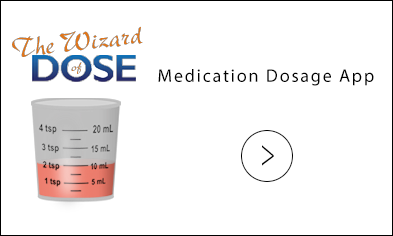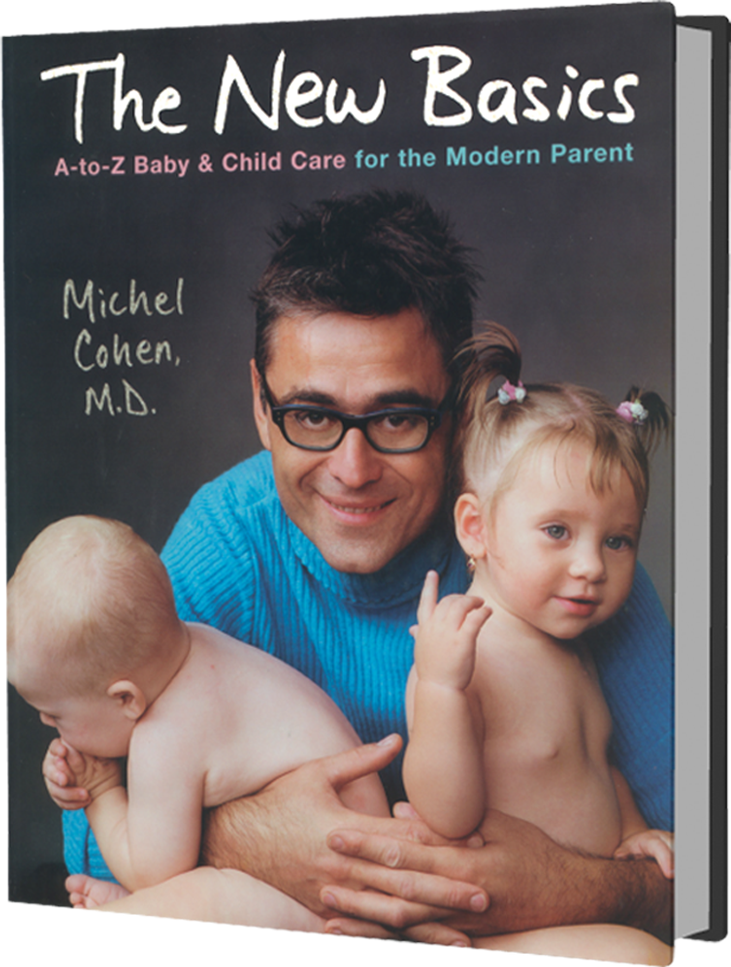
Diarrhea
 Diarrhea is a condition in which more stool is produced than usual. Since newborns can have up to ten stools a day, often watery, it’s difficult to define what diarrhea is at Lucy’s age. Stomach viruses are the most common cause, but they’re rare, because she has to pick them up from other kids, and so far her social schedule is pretty clear. Another rare cause would be an intolerance to her formula.
Diarrhea is a condition in which more stool is produced than usual. Since newborns can have up to ten stools a day, often watery, it’s difficult to define what diarrhea is at Lucy’s age. Stomach viruses are the most common cause, but they’re rare, because she has to pick them up from other kids, and so far her social schedule is pretty clear. Another rare cause would be an intolerance to her formula.
If Jimmy has a persistent fever
If the amount of diarrhea is enormous (more than ten times a day and extremely liquid)
If Lucy is also vomiting
If she has blood in her diaper
If she has a dry mouth, lethargy, and poor appetite, which could indicate dehydration.
If Lucy is drinking appropriately and not vomiting
See a doctor if your baby has any of these symptoms.
If the diarrhea is explosive. This is normal in infants.
There’s nothing you can do to stop an infant’s diarrhea; It will resolve itself, but that takes a while. As a rule, diarrhea is tenacious. Continue feeding her as usual. If the diarrhea is part of a stomach virus, it will last an average of a week before it settles. if it lasts longer, it requires attention.
If Lucy is drinking appropriately and not vomiting
 Diarrhea is easier to diagnose at this age, since normal stools are usually more formed. Anything over roughly four stools a day qualifies as “the runs.”
Diarrhea is easier to diagnose at this age, since normal stools are usually more formed. Anything over roughly four stools a day qualifies as “the runs.”
If diarrhea is accompanied by high fever (103°F or higher)
If there is blood in the diarrhea
If there is an unusually large amount or it is produced constantly
If Jimmy has intense belly pain
If he’s vomiting repetitively, which could increase the risk of dehydration
If Jimmy shows signs of dehydration, such as lethargy, dry mouth, or low urine production
Take him to the doctor for evaluation if he presents any of these signs.
If Jimmy is eating and drinking well
If his diarrhea persists many days to many weeks. In older children, diarrhea is notorious for lasting days or even weeks after a stomach virus. The intestine has to heal for normal digestion to resume.
Years ago, doctors treated diarrhea with the so-called BRAT diet: bananas, rice, applesauce, and toast. These “binding” foods were supposed to make the stool harder, but in truth their effect is limited. No matter what your little patient eats, the diarrhea will follow its course until the intestine heals. Feed Jimmy normally and regularly when his appetite resumes. Allow him to replace his fluids with diluted juice or soda such as ginger ale. Anti-diarrhea medications such as Imodium are ineffective and can be dangerous for kids.
In summary, diarrhea is messy but usually not serious, and once it shows up it’s here to stay for a bit, so be patient.




 MEDICATION DOSAGE
MEDICATION DOSAGE

